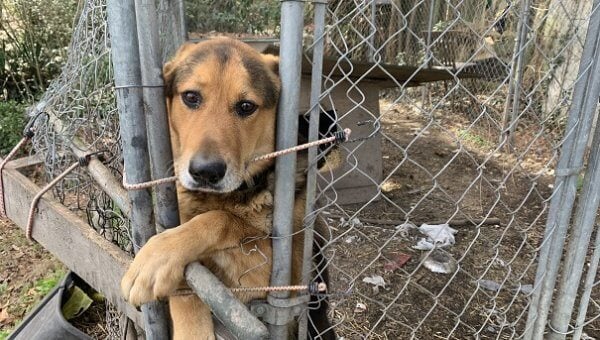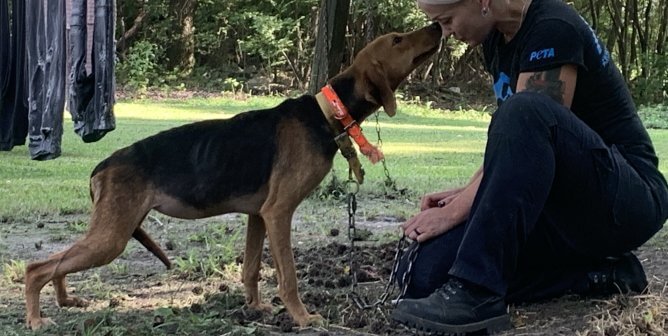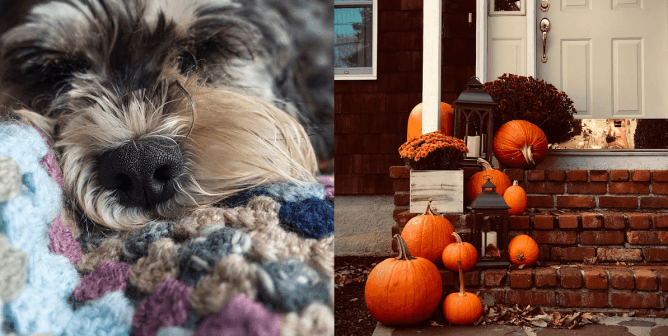In this article, a licensed veterinary technician tells us what to do if a dog eats a corncob.
Corncobs, whether they’re seasoned to perfection at a vegan cookout or displayed as festive autumn decor, are delightful. But there’s a hidden danger lurking underneath the kernels: the cob. While corncobs may seem harmless, they can cause a medical emergency if your dog eats one. Understanding this risk can help keep dogs safe.
Can Dogs Eat Corn?
As a licensed veterinary technician, I’m often asked, “Can dogs eat corn?” The short answer is yes. Dogs can eat corn as long as it’s off the cob. Corn is good for dogs in moderation and offers some nutritional benefits. It’s rich in vitamins, minerals, antioxidants, and linoleic acid, an essential fatty acid that supports skin and coat health. The kernels are generally safe for dogs, but feeding them corn straight off the cob can be extremely dangerous.
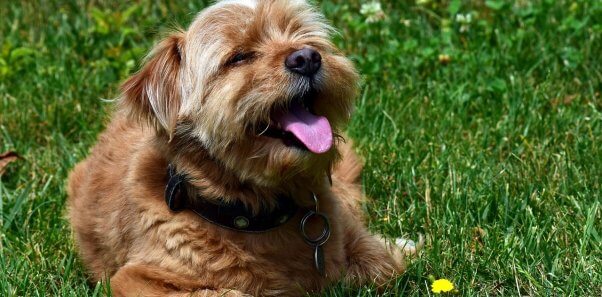
Why Are Corncobs Dangerous for Dogs?
Corncobs are tough, fibrous, and not digestible. If a dog eats one—even if they eat chewed-up pieces of one—it can get stuck in their stomach or intestines. In many cases, the cob won’t pass on its own and will require surgical intervention in order to remove it. Immediate action is critical if you suspect that your dog has swallowed a corncob, as even small delays can increase the risk of serious health complications.
What to Do if Your Dog Eats a Corncob
If your dog eats a corncob, head straight to the vet. Even if they chew it up and are vomiting, pieces of the cob can remain trapped in their digestive system. Similarly, if your dog ate a corncob but is still pooping, diarrhea or soft stool can pass if there’s a partial obstruction, which can be just as serious as a complete obstruction. A corncob can stay in a dog’s stomach for days or weeks. Don’t wait! Early veterinary intervention is critical in order to prevent life-threatening problems. Here’s what to do:
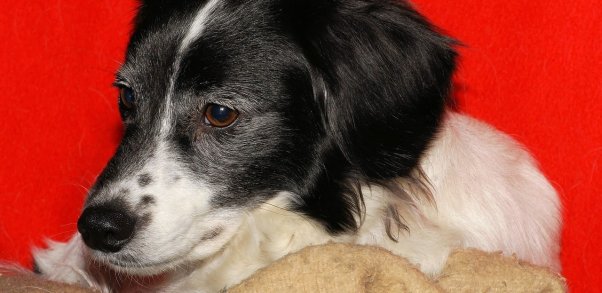
- Contact your veterinarian immediately. Blockages can develop over time, and prompt medical intervention can save your dog’s life. If it’s after business hours, contact an emergency clinic.
- Monitor your dog closely. Watch for vomiting, diarrhea, lack of appetite, and lethargy, and report any symptoms to your veterinarian.
- Don’t induce vomiting unless advised to do so by your vet. If the corncob is lodged in your dog’s digestive tract, trying to force it back up could cause further complications.
Prevention Is the Best Cure
To avoid these risks altogether, keep corncobs out of your dog’s reach. Store leftovers safely and be vigilant during outdoor gatherings. After all, nobody wants an unexpected trip to the vet.


